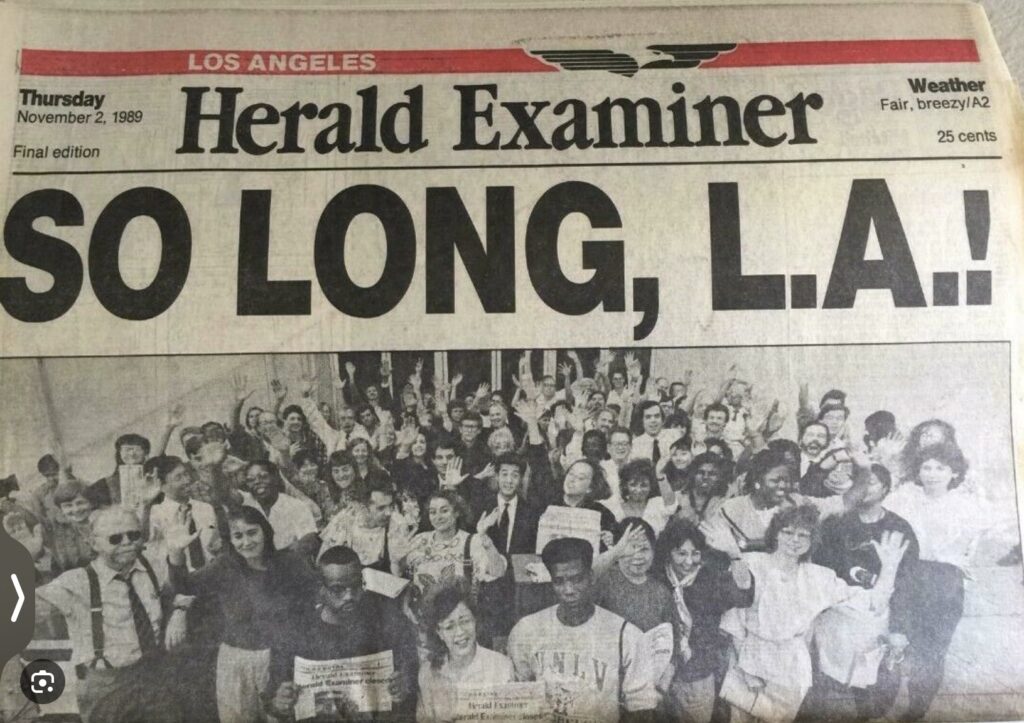 By Ray Bennett
By Ray Bennett
As people came into work at the Los Angeles Herald Examiner newspaper on Nov, 1 1989, everyone appeared to be on edge. There was something in the air. We had a desultory budget meeting and all managing editor Andrea Herman would say was that brass from Hearst, owners of the paper, were in town. Alarming calls came in with various rumours that the paper been sold or was going to fold. At noon, a bunch of us went to Corky’s, our local watering hole next door, where there was a Times reporter making notes.
At 12.55, word came of a staff meeting at one o’clock. Everyone gathered in the newsroom. Hearst Corp. Vice President Robert J. Danzig got up on a chair, his head bent so as not to bump into the ceiling. He said there was no other way to tell us what was happening than to read a prepared statement he had given to Editor Max McCrohon earlier. After 86 years, the Herald Examiner was to cease publication the next day, November 2.
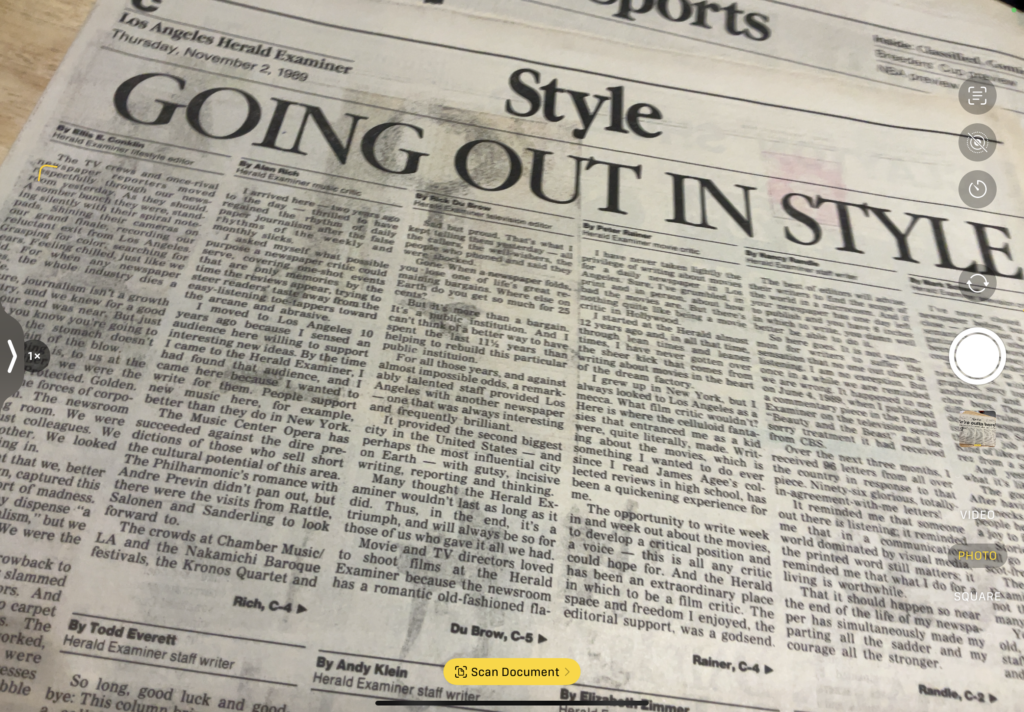 Some old-timers absorbed the news with no visible reaction; some wept. Most stood or sat stunned although it should not have been a surprise. The Herald Examiner had been dying slowly for twenty years after it made a pact that gave mornings to the Los Angeles Times and the HerEx became an afternoon paper. Not the best move in a city where all the commuters are behind the wheel of a car. Still, we’d all told ourselves we would have another year. Danzig said that he was sorry and Hearst did all they could and the paper had never looked better. I drifted away. It was not really about me as I had been the Entertainment Editor only since July.
Some old-timers absorbed the news with no visible reaction; some wept. Most stood or sat stunned although it should not have been a surprise. The Herald Examiner had been dying slowly for twenty years after it made a pact that gave mornings to the Los Angeles Times and the HerEx became an afternoon paper. Not the best move in a city where all the commuters are behind the wheel of a car. Still, we’d all told ourselves we would have another year. Danzig said that he was sorry and Hearst did all they could and the paper had never looked better. I drifted away. It was not really about me as I had been the Entertainment Editor only since July.
At another budget meeting, Lifestyle Editor Ellis Conklin said he wanted to write a farewell column. I told Andrea Herman we should give over all the pages in the Style section to the critics and writers, ten inches for everyone who wanted to contribute. Theatre critic Charles Marowitz was on a plane to New York and art critic Christopher Knight was off in Mexico somewhere and could not be contacted. Lifestyle feature writer Deborah Hastings came in even though she was on vacation.
Andrea had some idea of running a ‘Best of Click’ page, our regular photo spread featuring notables in the city. ‘No, Andrea,’ I told her, ‘photographers have been taking pictures all day in the office. It’s the biggest story in town. We must run those pix.’ Ellis agreed and so did Max McCrohon.
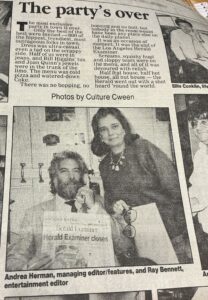 It was the craziest, best and worst day I’ve ever spent in journalism. All afternoon, I edited the farewell columns. They were all good, funny and touching. We added two extra pages to the section so we could still run stories that had been written and edited earlier.
It was the craziest, best and worst day I’ve ever spent in journalism. All afternoon, I edited the farewell columns. They were all good, funny and touching. We added two extra pages to the section so we could still run stories that had been written and edited earlier.
At four-o’clock, we all went out to the front of the building for a group shot to run on the front page. People were waving at the camera and singing ‘Auld Lang Syne’. Pix were taken and we drifted back inside only to learn that security goons had locked the doors with Andrea, Max and News Editor Joe Eckdahl still inside so we all trooped back outside to do it over again.
We worked all through the evening, back and forth from Corky’s. There were TV crews in the bar and in the newspaper lobby there was a frenzy of media. Three recruiters from the Orange County Register came to Corky’s and calls were coming in from papers across the nation.
We closed the paper just before nine. Some of us went to the press room to see the final run. Corky’s was unbelievable. There must have been 200 people crowded into the place. Lots of former staffers joined us and it went on until three in the morning.
Next day, tired and more still inebriated than hungover, we had to sign in to enter the building. We were told we had that day and the next to remove our stuff. No one appeared to have a job lined up yet although there was lots of activity and film writer Charles Fleming had already arranged two interviews. Several staffers did radio interviews and Charles called into a live chat show saying he was ‘Mac from Pacoima’ and he was ‘all busticated up inside’ about losing the paper. He was hilarious.
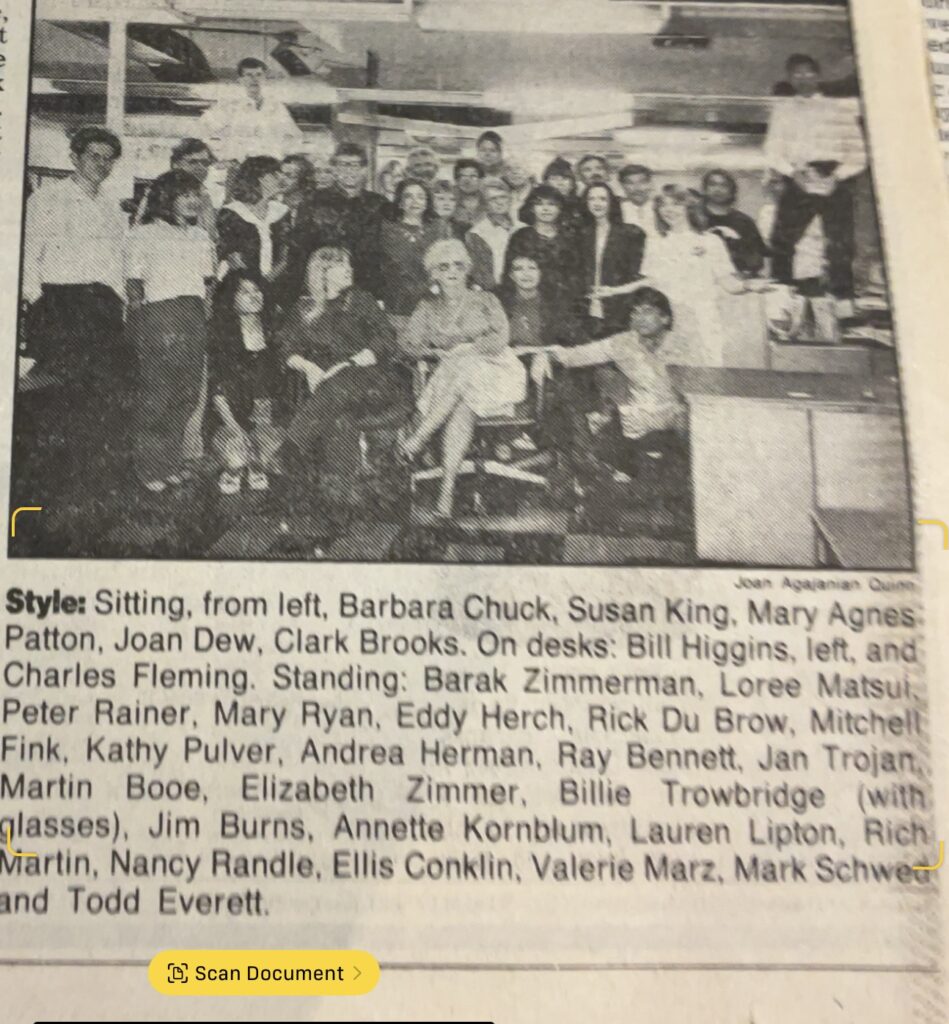
Screenshot
We had lunch at Corky’s and went back and forth all day. People said copies of the final edition were going for fifty bucks and there was a run on tee-shirts. I made sure I had a stack of both to take with me. Lots of parties were planned so no one wanted to actually say goodbye to anyone.
In the Washington Post’s story about the closure, newspaper industry analyst John Morton said, ’It’s a shame. They were doing a good job. In the year of its death, it was probably the best it has ever been as a newspaper.’
That evening, a group of us from the paper including Charles Fleming, Mark Schwed, Deborah Hastings, Greg Krikorian and columnist Gordon Dillow went to Dan Tana’s, the fabled West Hollywood restaurant. As we waited just inside the door, somebody recognised Gordon from the photo on his column in the paper and Jimmy Cano, the city’s best maitre’d, asked if we were all from the Herald Examiner.
When we said we were, everyone in the place applauded. Famous for not fussing over its starry clientele, that never happens. Legendary bartender Mike Gotovac poured Stoli as diners called in drinks for us. We weren’t allowed to pay for anything. It was the start of a beautiful friendship.
I was very glad to be a part of it all and very sad that such a great enterprise with fine people had been cut so abruptly. I didn’t think I’d see its like again. My four-month stint at the Herald Examiner still ranks among the best times of my career and I made lifelong friends there.
I will never forget watching the final press run of a great newspaper but it struck me that as we approached the twenty-first century, the one thing I was really good at was a nineteenth century trade.
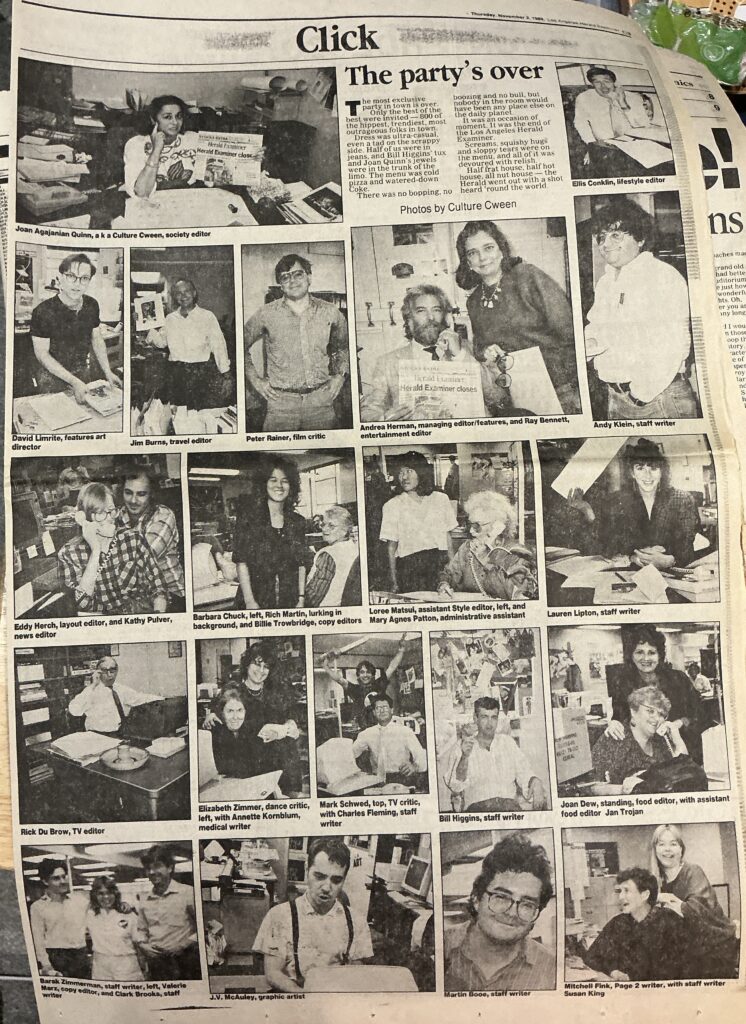
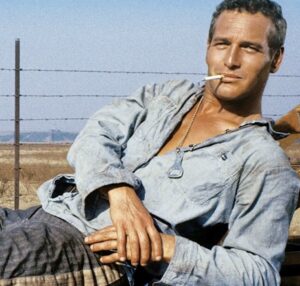 Mike Binder, a friend of my good L.A. pal John De Simio, introduced me to Costner at the event. “It’s very difficult trying to occupy the place that Newman, and people like Gary Cooper, Spencer Tracy and Steve McQueen filled,” Costner told me. “These are the men whose shoulders we stand on.”
Mike Binder, a friend of my good L.A. pal John De Simio, introduced me to Costner at the event. “It’s very difficult trying to occupy the place that Newman, and people like Gary Cooper, Spencer Tracy and Steve McQueen filled,” Costner told me. “These are the men whose shoulders we stand on.”
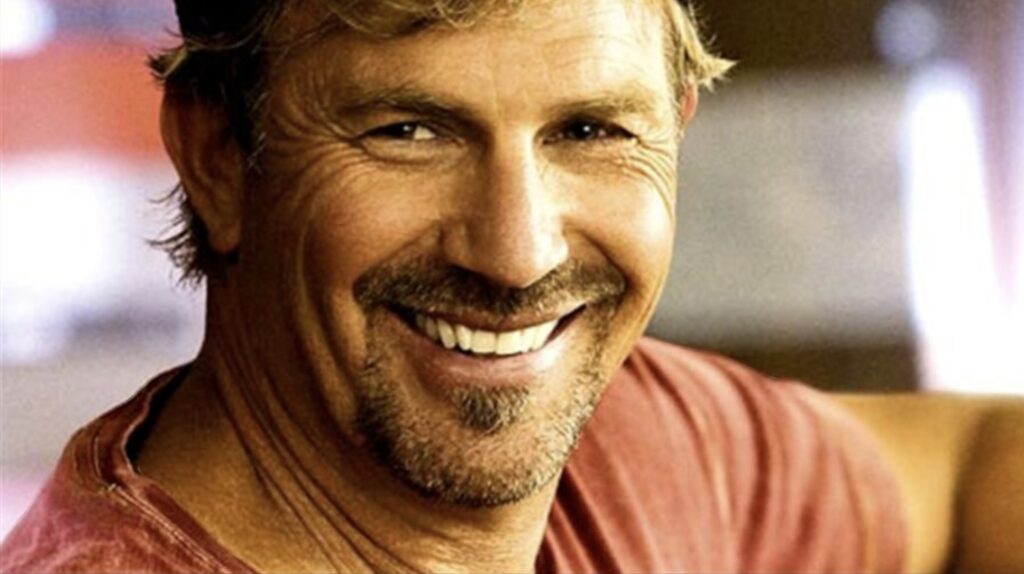
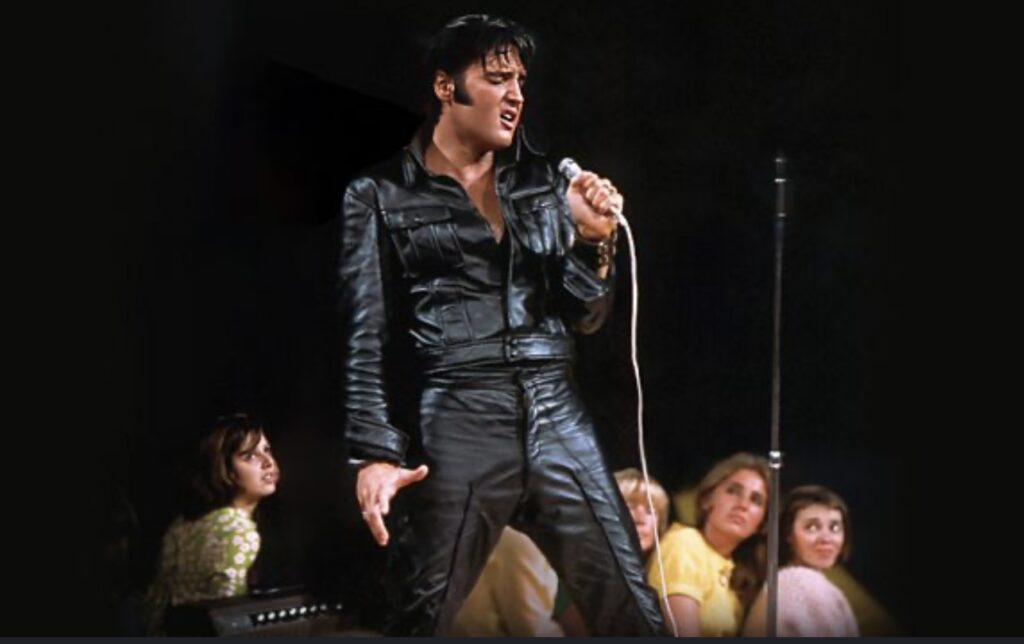
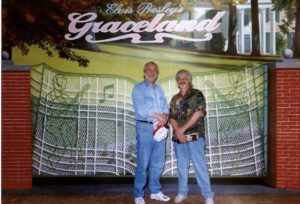
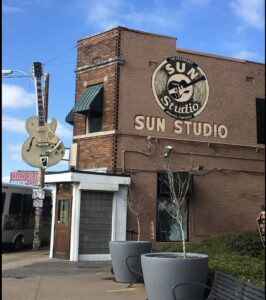
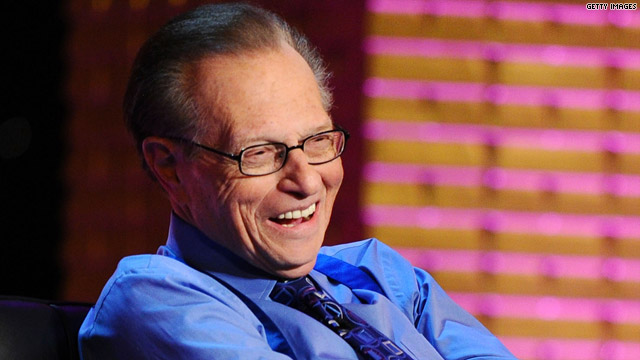
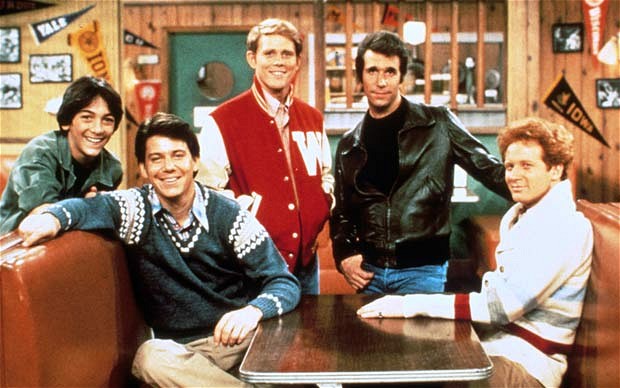
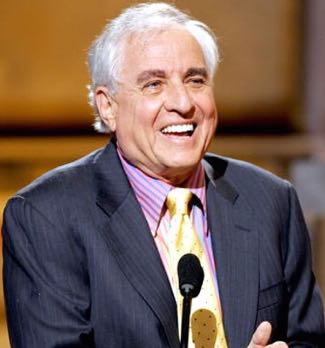
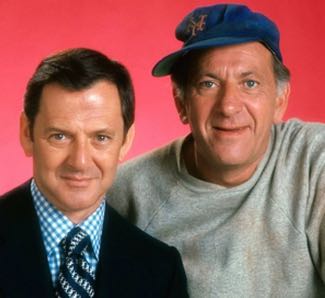





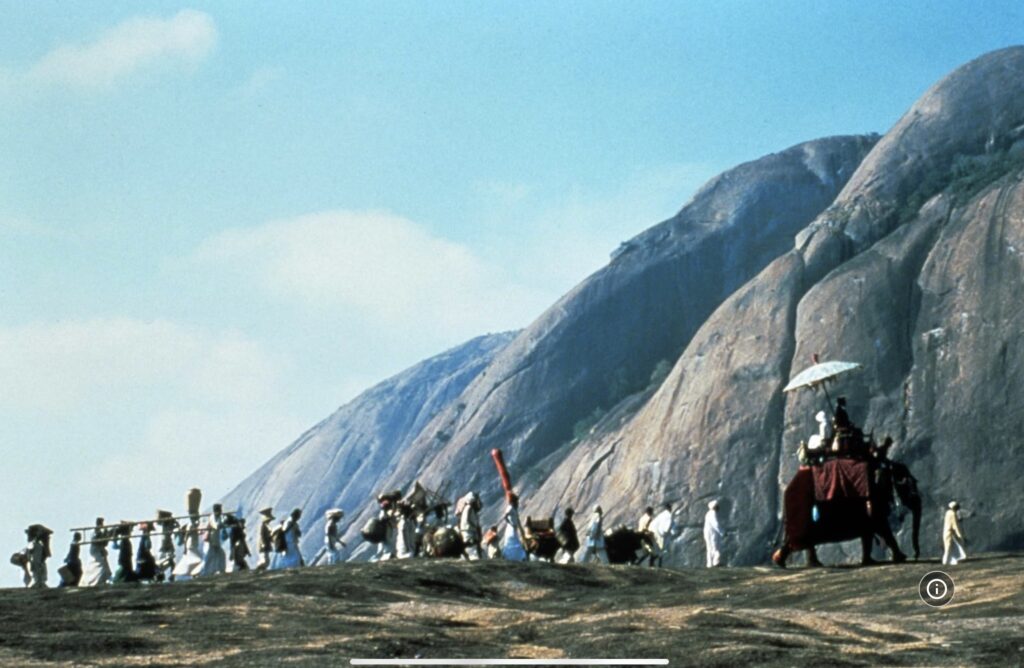
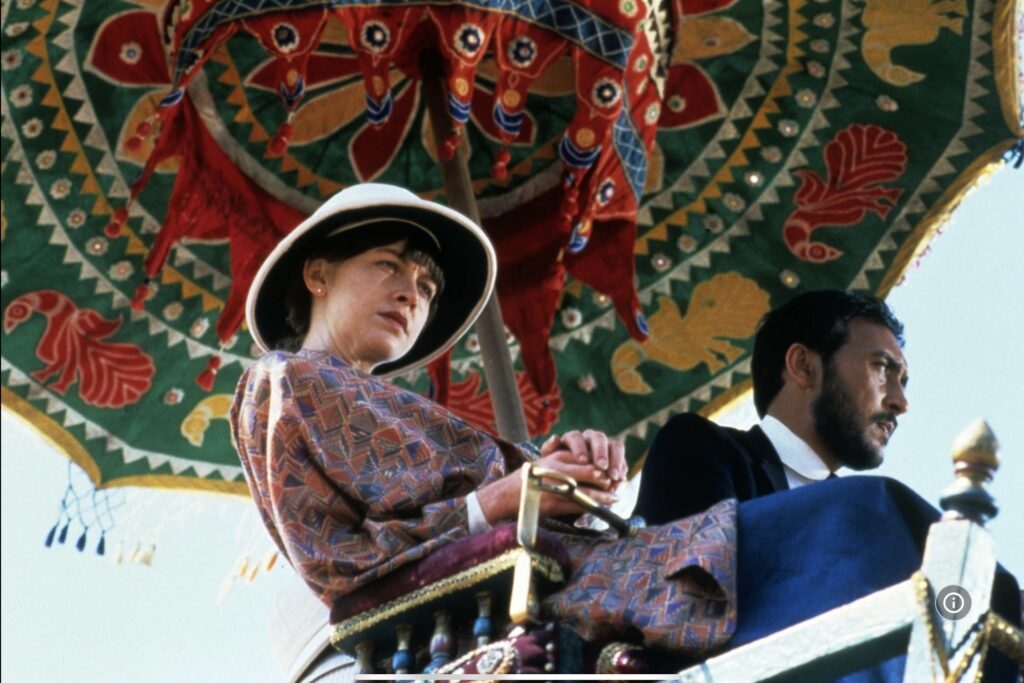
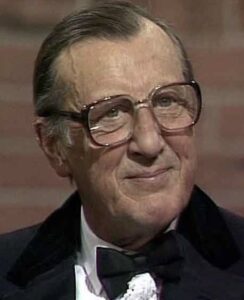
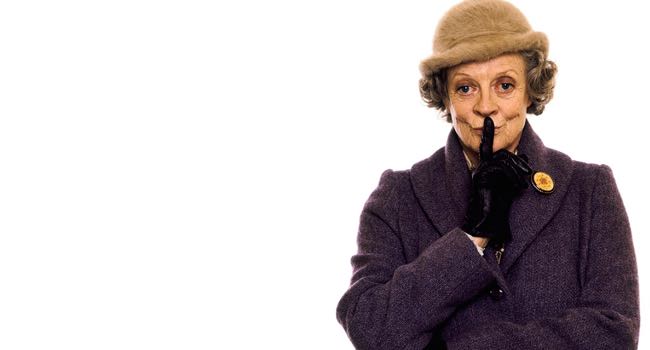
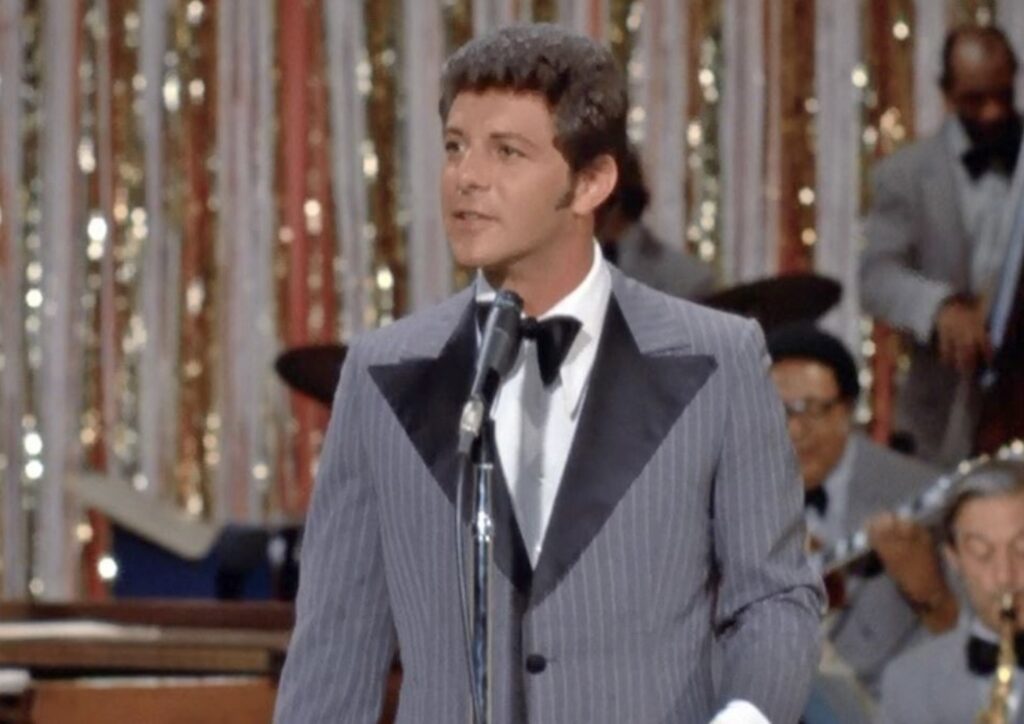
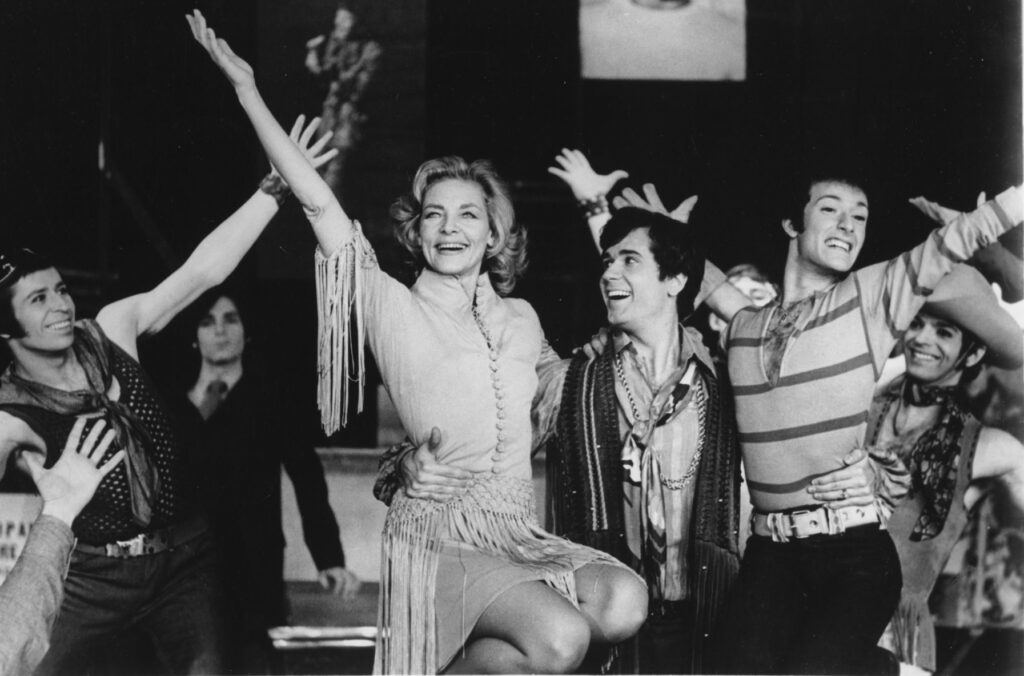
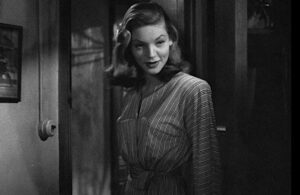
Thinking of my Dad on New Year’s Eve
By Ray Bennett
My late older brother Roland phoned from England on New Year’s Eve to tell me that our Dad, Alexander Bennett, had died. I thought it was 35 years ago but another year has slipped by and I see that it’s 36. December 31, 1988. I was living in Franklin, Tennessee, just south of Nashville, alone again, naturally. Ro said Dad had been feeling chipper but that morning he put on jacket and tie as always to walk to the shops but soon returned complaining of chest pains. He had been suffering from a touch of angina. He sat down in his favourite armchair holding his wife’s hand then said “Oh, oh,’ and passed away.
Our family home had been a flat in a converted railway station in Ashford, Kent, until Mum, Winifred, died aged 62 on the same day as Elvis Presley. Sometime after, Dad moved back to his native Devon where, aged 80, he married a sweet and kind widow named Wink and lived with her in a charming bungalow in Budleigh Salterton. We had known her for years as she was the sister of our beloved Aunt Doffy, who was married to Dad’s brother Fred. I spoke to Wink and she said she was okay and grateful that ‘I had seven years with a wonderful man.’ She had two sons from her first marriage who would take care of her.
My younger brother Richard (on the left in the photo next to Ro, Dad and me) joked on the phone that Dad had gone to give god a hard time. We laughed because Dad would have laughed at that as he had no truck with religion. He had a remarkable life’s journey. Son of a farm labourer with nine siblings, he journeyed in his teens during the First World War to faraway Kent to work on British Railways. Labouring as a plate-layer – called a gandy-dancer in the early days of railways in the United States – he went to night-school, won promotions to white-collar positions and ended up as Chief Inspector of the Permanent Way. I never heard the word ‘profit’ growing up. Dad’s only concern was keeping passengers and crew safe as they rode the rails.
Ro said Dad had accepted fate, saying, ‘I had a good innings; I don’t want anyone to be upset.’ It was typical of a hard man with a soft heart, enquiring mind and whimsical sense of humour. An avid reader and skilled gardener, he voted Labour all his life but trusted no-one. When a party member rang our door bell seeking to recruit me, Dad gave him short shrift. He despised Margaret Thatcher, who worked to destroy unions in the Eighties, saying it reminded him of the Twenties when Winston Churchill sent out armed police on horseback to put down protests during the General Strike. ‘We were beetles,’ he said, ‘ and they wore heavy boots.’
Dad taught me an important life lesson when I was 10. For a primary school assignment, I asked him to tell me how the railway worked. He gave me a broad outline and then some specific details always speaking extemporaneously. He knew the railway inside out from the bottom up.
Dad took me aboard a steam locomotive, which was exciting, and inside a railway signal box. A tall boxy structure sitting at a junction, it had steps leading up to a large room filled with rows of multi-coloured, four-feet tall levers that the signalman used to control sets of points on the tracks. We walked along the line, stepping over the wooden supports called sleepers, to see the points – tapered steel blades, movable rails. Each pair was governed by a lever in the signal box.
I thought that being on a train was simple: you boarded, enjoyed the ride and when it reached your destination, there you were. Seeing that signal box and its control of the switching points showed me it wasn’t that simple. On a train, with the switch of a lever, you could end up in London, Birmingham, Edinburgh or Paris. Later, I discovered poets who wrote about crossroads in their lives and taking paths less traveled. They made it look as if were always by choice. The signal box gave me my first clue that in life you might move a lever yourself or the points would be switched by others. When that happened, there was no knowing where you might end up. It depended upon who pulled the lever.
I don’t put too much stock in it but Dad never celebrated New Year’s Eve. Neither do I.